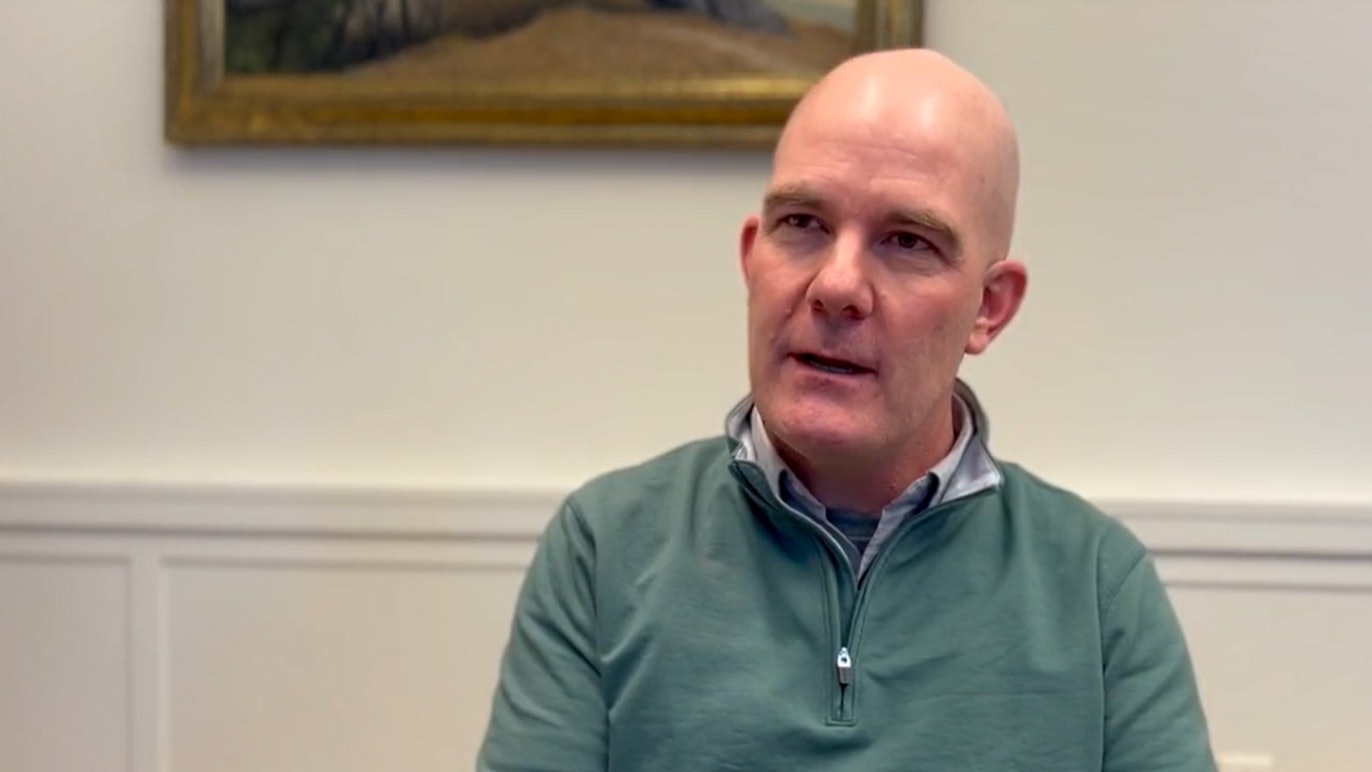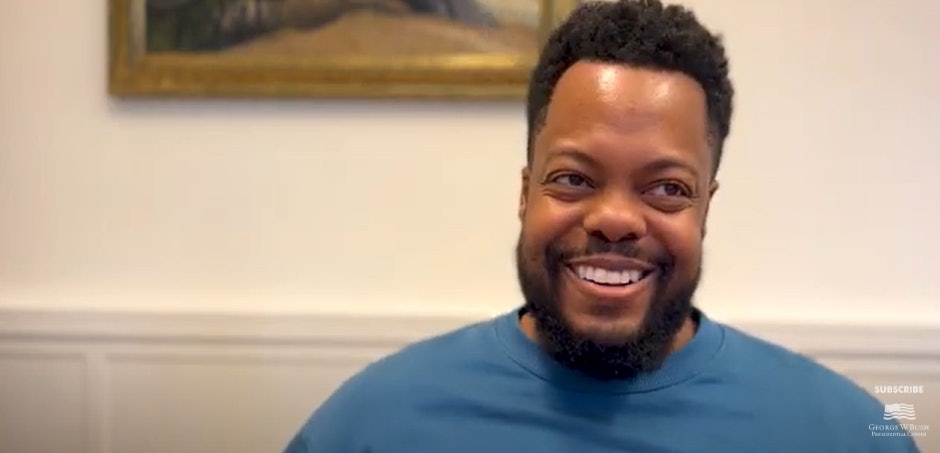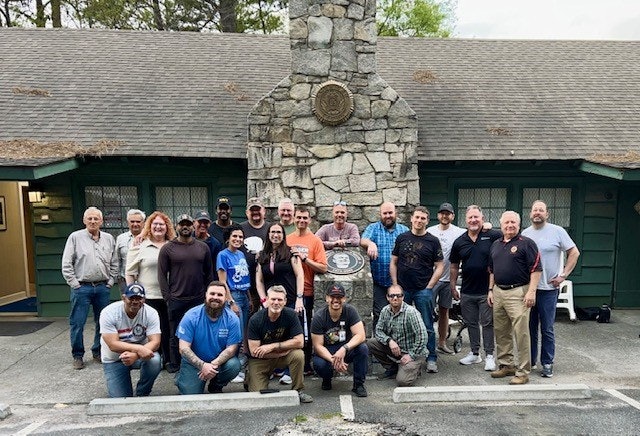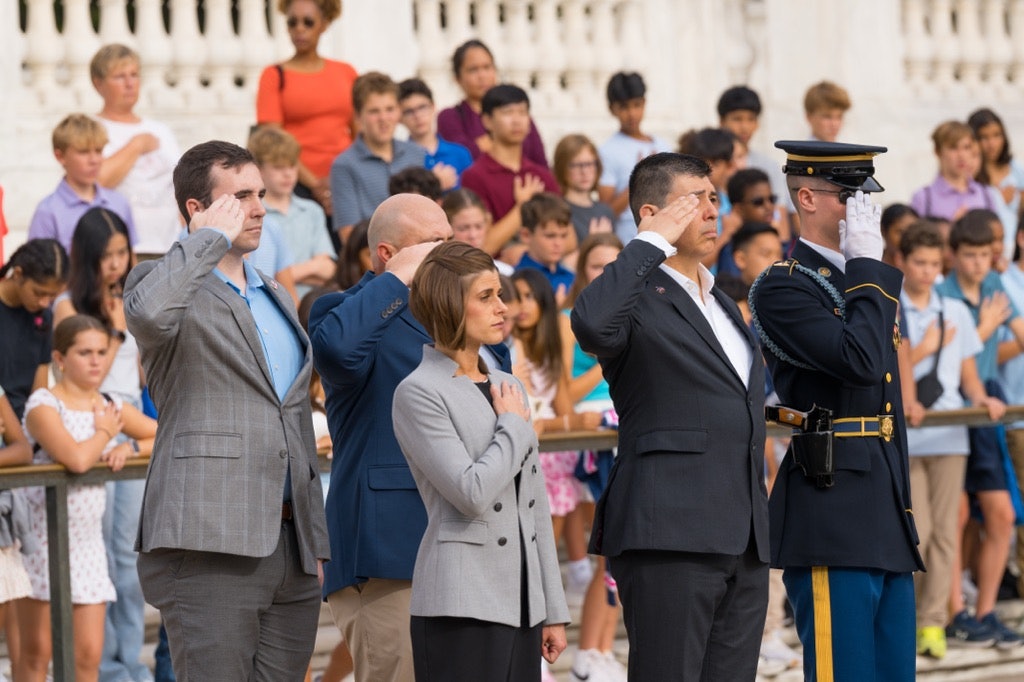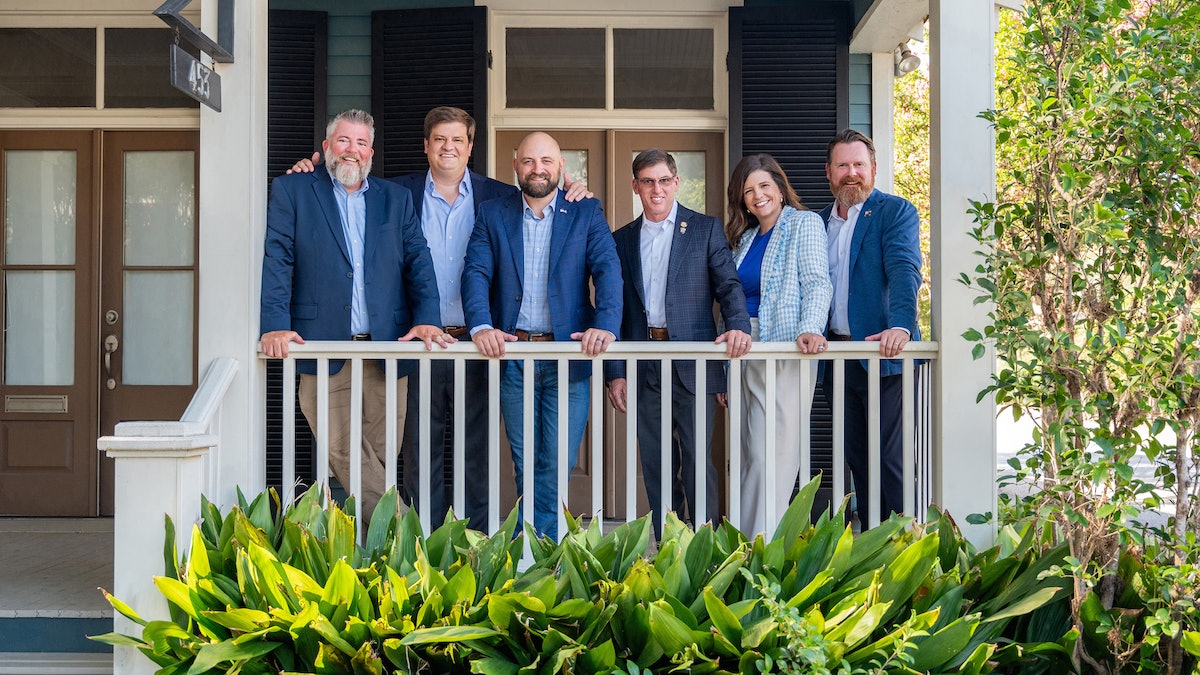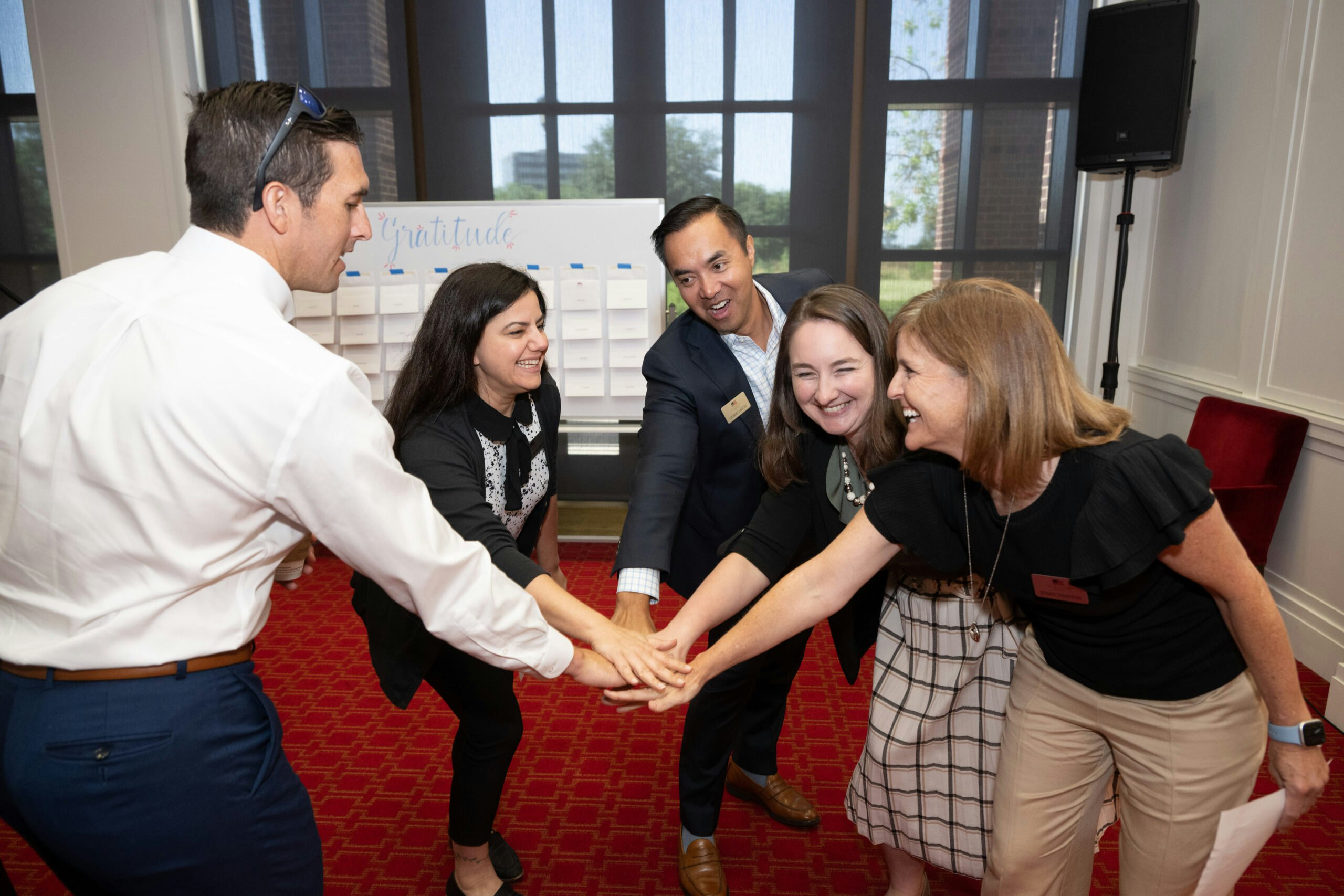Team 43, for me and those who take part, is so much more than a sporting event. It’s an opportunity for healing, to be challenged, to make new friends, and for some it’s life-changing.
My job working with Team 43 warriors is incredibly rewarding and meaningful. My front-row seat allows me to see the quality of men and women our nation has produced. I get to work with the best our country has to offer. My daily experiences are rewarding, humbling, exhilarating, and often exhausting— but well worth the front-row seat.
Team 43 initially began as a sports program, but through its two events, the Warrior Open golf tournament and the Warrior 100K mountain bike ride, Team 43 began to develop into much more. Time and again, Team 43 warriors say their participation in either sporting event was life-changing and a true catalyst for improving their health and well-being. These individuals work together, help each other, recognize they are not alone, and re-affirm the teamwork they learned in the military is the same teamwork to sustain them in the civilian world. One wrote recently to me, “I was able to heal and make more progress in four days than nearly 10 years of clinical counseling.”
During these sporting events, as well as through various occasions and get-togethers that occur among Team 43 warriors, President George W. Bush takes the opportunity to get to know these men and women and their families on a personal level and challenges them with a new mission— to continue contributing to the security, economy, and sustained health of our democracy as civilians. Team 43 warriors are doing just that.
President Bush advises Team 43 that there is no shame in seeking help for the invisible wounds of war. The warriors listen. There is no magic formula for recovery, but there is a formula combining encouragement, understanding, perseverance, treatment, trust, and support for those trying to re-establish their lives.
In 2015, Major Chris Turner, still on active duty, sat with President Bush at dinner during the Warrior Open. Chris was a participant in the tournament. He never shared publicly about his invisible wounds. Over the course of the previous three days, and from the strength that developed during that event with fellow warriors, Chris listened as others spoke openly. They talked about their post-traumatic stress (PTS), depression, and traumatic brain injuries (TBI). And when his former Commander-in-Chief handed him the microphone to share his very personal story to 300 people, Chris recognized the need to step out of his isolation. He shared his personal struggles, not just for himself, but for his family, veterans, and soldiers still on active duty.
From that moment, a glimmer of hope returned to Chris Turner’s eyes. He felt relieved. He truly felt free. He stood taller. Later, Chris wrote a letter to President Bush stating that he was determined to move beyond the stigma around PTS. Today, Major Turner actively speaks to his troops about seeking help. He is an incredible ambassador for Team 43 as he shares the importance of openly communicating his personal struggles in dealing with the invisible wounds of war.
Most of us will never know the depth of Chris Turner’s internal battle. However, three years following that formal dinner at the Warrior Open in 2015, tears rolled down my face as I read the words of thanks that Chris Turner’s mother sent to me. I recently had shared a weekend with many Team 43 warriors (including their spouses and parents) talking to the public about President Bush’s artwork and book, Portraits of Courage, which included two paintings of Major Turner.
She wrote: “Thank you for all that you do for our kids. I thank President and Mrs. Bush for creating Team 43 and for saving my son!” Signed: Maddye Turner.
Team 43, for me and those who take part, is so much more than a sporting event. It’s an opportunity for healing, to be challenged, to make new friends, and for some like Chris, it’s life-changing.






